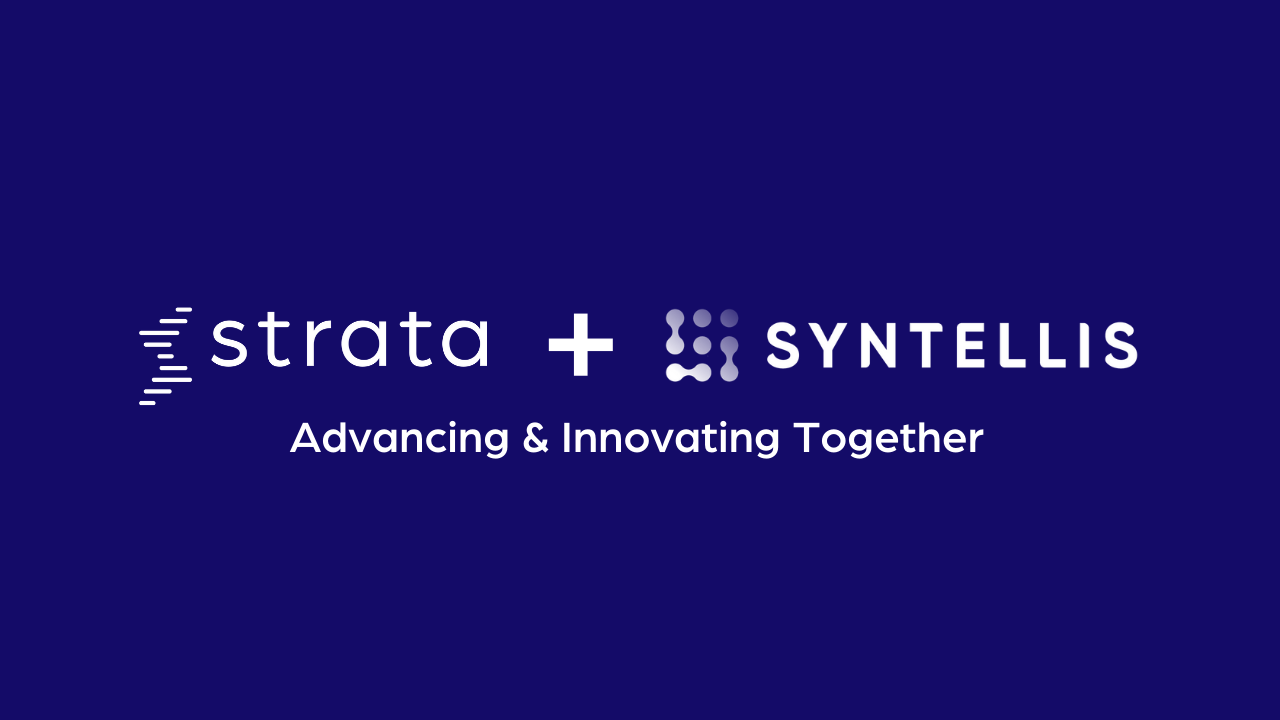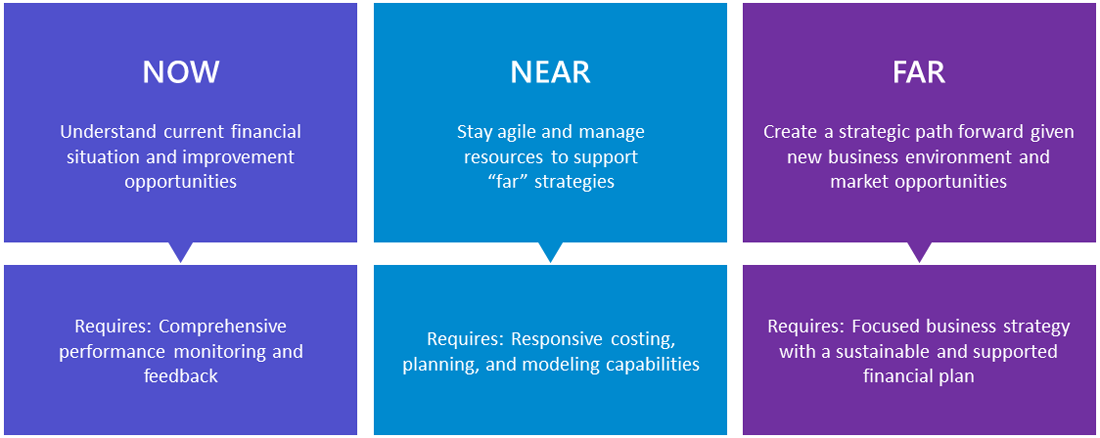As the COVID-19 pandemic stretches on, Finance teams in hospitals and health systems continue to face unprecedented waves of challenges. Hit hard by low volumes, high per-patient costs, and rising revenues, it’s difficult to manage and anticipate costs today — and even more daunting to prepare for what’s around the corner.
Finance teams now realize that the capabilities of traditional or legacy tools and processes for cost accounting limit their ability to help hold down per-patient costs. Amid lingering uncertainty, establishing more agile planning and integrated analytics toolsets have become finance imperatives. Advanced cost accounting solutions will be the key to success for healthcare organizations that want to not only survive, but thrive in the future.
Report findings reveal uncertainty
Recent analysis of financial data from more than 900 hospitals quantifies the volatility that hospitals and health systems nationwide have experienced due to COVID-19, and the numbers aren’t pretty. Without CARES Act funding, Operating Margins are down 89% year-to-date compared to 2019, and down 22% even with CARES Act funding. The data also showed:
- Discharges decreased 11%
- Emergency Department volumes decreased 16%
- Outpatient Revenue decreased 10%
- Operating Room minutes decreased 14%
Despite these decreases, hospitals nationwide saw actual expenses rise. This contradiction illustrates the situation that finance teams now need to address, each with their own approach based on current expenses, service lines, and opportunities. Going forward, costing models need to incorporate the additional COVID-19 costs and leverage new methods for increased accuracy. That’s where advanced cost accounting comes into play.
Legacy cost accounting principles and solutions can’t handle COVID-19
Prior to 2020, many healthcare organizations could get by using legacy systems paired with creative means to “enhance” them to perform advanced tasks. The traditional methods of cost accounting — primarily either the ratio of costs to charges (RCC) or relative value units (RVUs) — were generally enough to get by, but with the current market volatility and uncertainty caused by the pandemic, the limitations of those methodologies hinder timely, data-driven responses.
Advanced cost accounting is an umbrella term for newer methodologies and approaches used in costing. Forward-thinking hospitals and health systems use these solutions to incorporate additional COVID-19 costs and leverage advanced accounting methods to build a recovery plan and a unique blueprint for the future.
Charting a path forward with advanced cost accounting
As the world has now seen what the pandemic can do, analyzing the future state of the business has never been more important. An excellent framework to use for this process is the “now, near, and far” approach to assess and respond to unique scenarios.
The scenarios then must be addressed with advanced cost accounting solutions that integrate with other financial tools so organizations can quickly respond to changing market conditions. A key characteristic of advanced cost accounting solutions is the ability to dynamically incorporate encounter-specific cost drivers, for example, taking information from the patient record and incorporating it into the costing model. The costing model recognizes encounter costs, understands how many dollars were attributed to that month related to those costs, and can offset that against the traditional general ledger (GL) data. Then the model can calculate residual costs and allocate them accordingly.
Learn even more in this on-demand webinar
Our recent joint webinar with Becker’s Hospital Review, “Costing Through the COVID-19 Recovery” goes into more detail about how advanced cost accounting solutions can instill confidence into healthcare finance professionals reeling from the pandemic.
Watch as Jay Spence, Vice President of Industry Solutions for Syntellis, and Catherine Savage, Assistant Vice President and Industry Practice lead for Syntellis, further discuss the importance of using advanced cost accounting tools. Learn how the various data points can be integrated and leveraged to support today’s strategic decisions and plan for prosperity in a post-COVID world."The old model of costing where we wanted to get more accurate always involved a tremendous amount of extra effort and more resources. Today, there are a lot of ways we can bring in new sources of data, increase the accuracy but also automate all of those processes. We can do both."
– Jay Spence, VP of Industry Solutions, Syntelli


